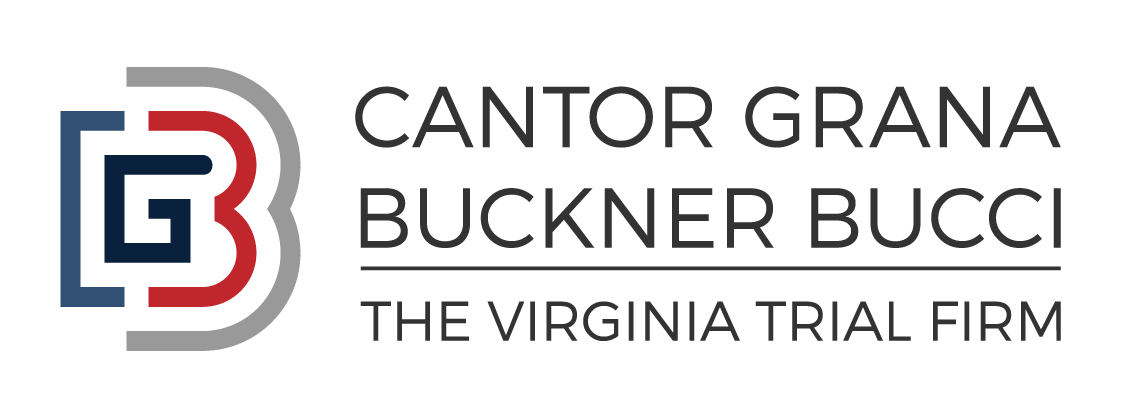What Are Personal Injury Claims?
If you have been injured in an accident that was not your fault, you may be wondering what your next step should be. A personal injury claim can help you get the financial compensation you deserve for your injuries.
At Cantor Grana Buckner Bucci, our personal injury lawyers have helped many people in your situation. We understand the process, and we can help you get the maximum compensation possible. If you have been injured in an accident, contact us today to schedule a free consultation.
What is a Personal Injury Claim?
A personal injury claim is a legal process that allows you to recover damages for injuries you’ve suffered due to someone else’s negligence. Personal injuries can include injuries to a person’s body, emotions, or reputation.
The amount of damages you are entitled to receive will depend on the severity of your injuries, the medical bills you have incurred, and other factors.
To file a personal injury claim, you will need to hire an experienced personal injury attorney. Your attorney will help you gather evidence to support your claim and negotiate with the insurance company on your behalf.
Personal Injury Claims: The Basics
There are three grounds on which personal injury claims can be brought:
Negligence
Negligence is the legal theory on which most personal injury cases are based. It requires you to prove the person who caused your injuries acted unreasonably or carelessly under the circumstances.
To prove negligence, your attorney will need to show that the defendant owed you a duty of care, breached that duty, and as a result, caused your injuries.
Duty of Care
The first step in proving negligence is to show that the defendant owed you a duty of care. This means that the defendant had an obligation to take reasonable steps to keep you safe from harm.
For example, all drivers have a duty to operate their vehicles in a reasonably safe manner. If a driver breaches that duty by speeding or driving while intoxicated and, as a result, causes an accident that injures you, the driver may be found negligent.
Breach of Duty
The second step in proving negligence is to show that the defendant breached their duty of care. This means that the defendant did not take reasonable steps to keep you safe and, as a result, caused your injuries.
Causation
The third and final step in proving negligence is to show that the defendant’s breach of duty caused your injuries. This means that you would not have been injured if it were not for the defendant’s actions.
Strict Liability
Strict liability is another legal theory used in personal injury cases. It is used to hold defendants liable for committing an action, regardless of their intent when committing the act.
Strict liability may apply if a defective product injures you. Under strict liability, the defective product’s manufacturer can be held liable for your injuries, even if the manufacturer did not intend to cause harm.
Intentional Torts
An intentional tort or wrong is based on the defendant’s intent to commit an act that resulted in your injuries.
For example, if you are attacked by someone and suffer injuries. As a result, you may be able to bring a claim against your attacker.
The most common intentional torts are assault and battery, false imprisonment, fraud, and defamation.
Common Types of Personal Injury Claims
The most common personal injury claims are motor vehicle accidents and premises liability claims.
Car Accident Claims
Car accident claims are the most common type of personal injury claim. If you have been involved in a car accident, you may be able to bring a personal injury claim against the other driver. You will need to show that the other driver was at fault for the accident. This can be done by showing that the other driver was speeding, driving while intoxicated, or committing other traffic violations.
Slip and Fall Claims
If you have been injured in a slip and fall accident, you may be able to bring a personal injury claim against the property owner. You will need to show that the property owner was responsible for your accident. This is done by showing that the property owner did not take reasonable steps to keep the property safe.
Damages
The amount of money you are awarded in a personal injury claim is called damages. If you are successful in your claim, you will be awarded damages for your injuries. These may include, but are not limited to:
- Medical expenses
- Pain and suffering
- Lost wages
Your attorney will help you determine what types of damages you may be entitled to receive.
What Evidence Can I Use to Support My Claim?
Many types of evidence can be used to support your personal injury claim. Some common types of evidence include:
- Photographs
- Medical records
- Witness statements
- Police reports
If you have been injured due to the negligence or intentional wrong of another, contact a personal injury attorney to discuss your case. An experienced personal injury lawyer will be able to help you gather the evidence you need to support your claim and fight for the compensation you deserve.
The Statute of Limitations for Personal Injury Claims in Richmond, Virginia
The statute of limitations is the time period during which you can file a personal injury claim. In Virginia, the statute of limitations for most personal injury claims is two years. This means you have two years from your accident to file a claim.
If you do not file your claim within the statute of limitations, you will be barred from recovering any damages.
Why You Should Hire Cantor Grana Buckner Bucci for Your Claim
Cantor Grana Buckner Bucci is a personal injury law firm that has been handling claims in Richmond, Virginia, for over 40 years. We have the experience and knowledge necessary to help you recover the compensation you deserve.
We understand the impact an accident can have on your life, and we will work tirelessly to get you the settlement you need to get your life back on track.
If you have been injured in an accident, contact us today to schedule a free consultation. We will review your case and help you understand your legal options.









